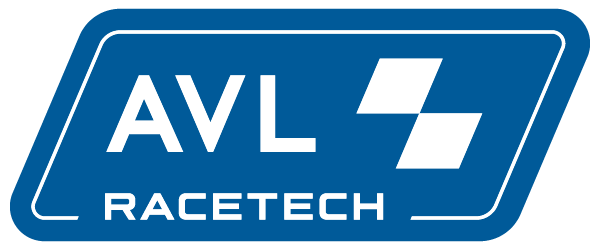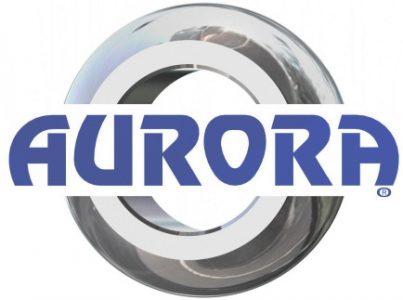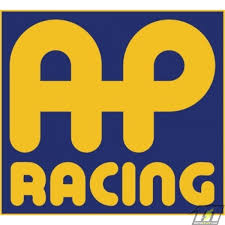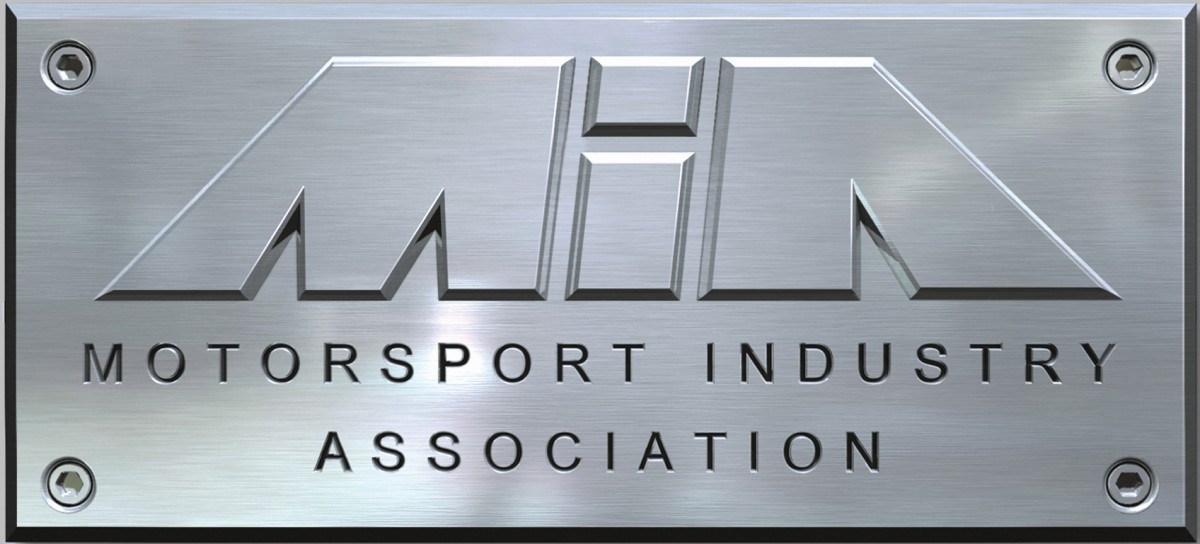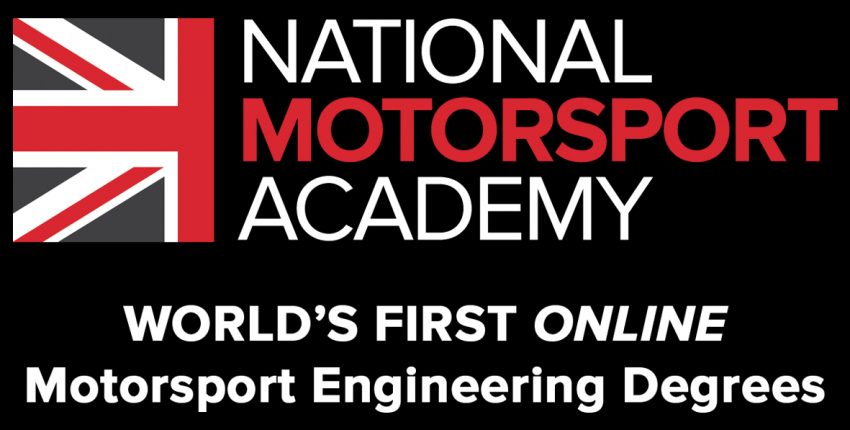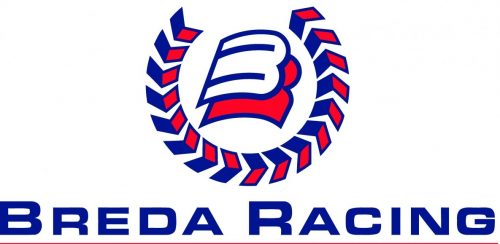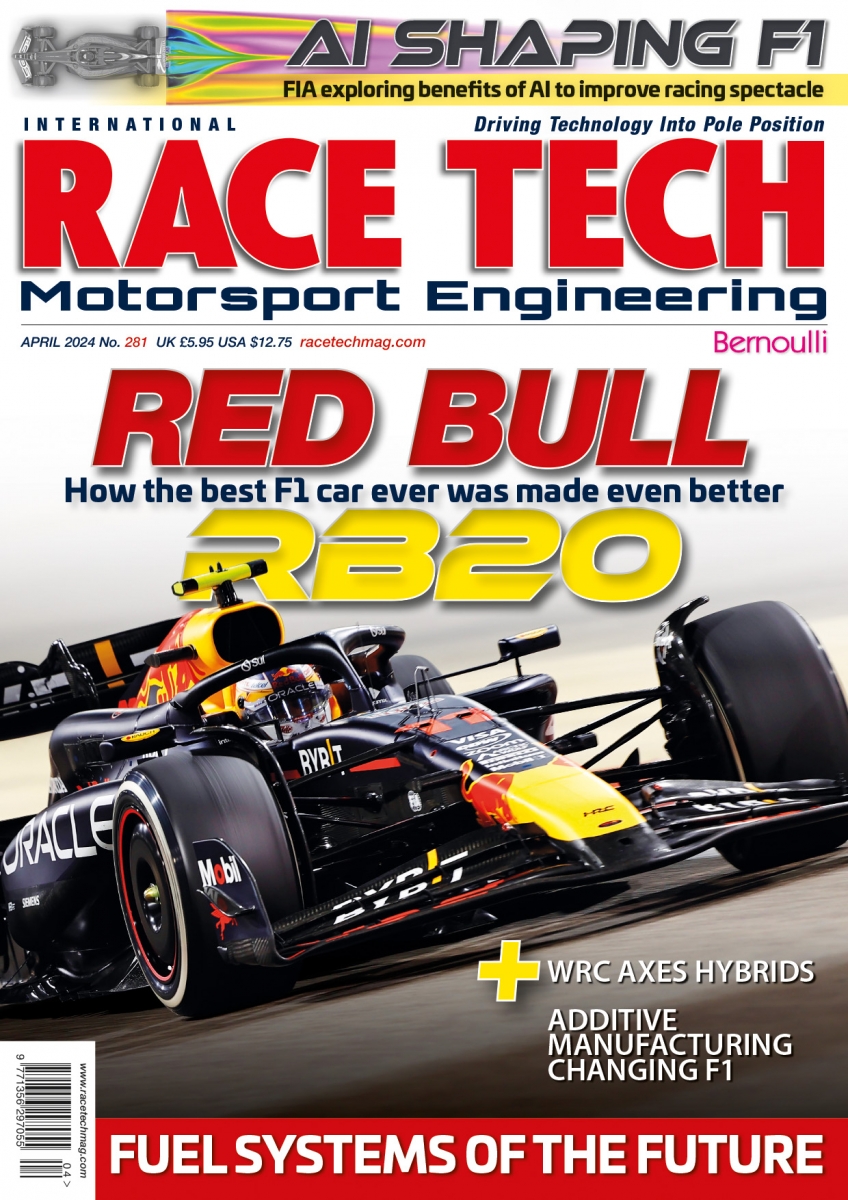High-strength seat standard to revolutionize safety across motorsport
New FIA Standard improves on the most widely used seats in motorsport.
THE FIA has delivered an update to the 8855-1999 seat standard used in closed-cockpit cars, which will significantly improve the safety of the most popular motorsport seat in the world.
Adam Baker, FIA Safety Director, hailed the development as, “Great news for motorsport competitors at all levels around the world.”
With support from R&D technology company D2H Advanced Technologies, the new FIA Standard 8855-2021 requires seats to be much stronger than the original Standard that was issued over 20 years ago. This brings it closer in strength and safety to the FIA Standard 8862-2009 used in top-tier motorsport categories such as the Rally 1 cars in the World Rally Championship.
The new 8855-2021 seats offer 60 per cent of the strength of the 8862 seats, but at 15 per cent of the cost, meaning this increased level of safety will be affordable for hundreds of thousands of teams and competitors worldwide. Strength is judged on the ability of the seat shell to withstand an impact both to the rear and laterally, in this case protecting a competitor in the event of an accident up to 42G.
Under the R&D programme by D2H, the FIA Safety Department conducted quasi-static tests where forces are applied to critical areas of the seat shell by controlled loading arms, to simulate the stresses of a high-speed impact. This work was discussed and agreed with the FIA’s Industry Working Group, which consists of motorsport suppliers and equipment manufacturers who help to develop future FIA standards and regulations.
The total forces inflicted on the seats are around two tonnes to core areas that are crucial to crash safety: lumbar, centre of the back and head/neck, and to the sides, including the hips/pelvis region, shoulder and to the side of the head.
As a result of this extensive research the new 8855-2021 seat Standard significantly boosts the strength of the existing specifications, with marginal weight increase and costing around €500. Homologated 8855-2021 seats will be issued with a 10-year FIA validity compared to the five-year lifespan under the 8855-1999 standard.
So far, Atech Racing is the first manufacturer to produce a seat approved by the FIA under this standard, with further manufacturers set to follow suit.
The FIA Safety, Technical and Sporting Departments and respective FIA Commissions have been discussing the implementation plan of the new seat in categories not using the 8862-2009 seats. Technical regulations mandating 8855-2021 seats will be updated with enough notice once the implementation is approved by from the World Motor Sport Council. Competitors that use 8855-1999 can from 2021 upgrade their seat to 8855-2021 standard.
However, the 8855-1999 Standard will not be withdrawn, as the FIA and National Sporting Authorities are aware that certain design requirements of the new seats will mean it will not be possible to mandate in every model of competition car.
Adam Baker, FIA Safety Director, said: “The FIA has delivered a new cost-effective 8855-2021 seat Standard that brings it closer to the 8862-2009 seat Standard used in top-tier motorsport categories. With the help of R&D from D2H in developing seat prototypes by optimizing materials and manufacturing techniques, we were able to deliver this very cost-effective Standard.”
Matthew Hicks, D2H engineering director, said: “Proactively improving safety standards in motorsport is absolutely crucial, and it is an area that can benefit enormously from advanced materials understanding and evolving manufacturing techniques. We are delighted to have been able to deliver a lower-cost seat that provides such a significant improvement in safety in all conditions within national motorsport around the world.”
A specialist in advanced design, aerodynamics and thermodynamics, D2H Advanced Technologies was formed in 2015 in the UK to bring motorsport levels of innovation and response to engineering projects in new sectors. In the past year its presence has been felt across disciplines from NASCAR and the Australian Supercars Championship through to the British Touring Car Championship.





